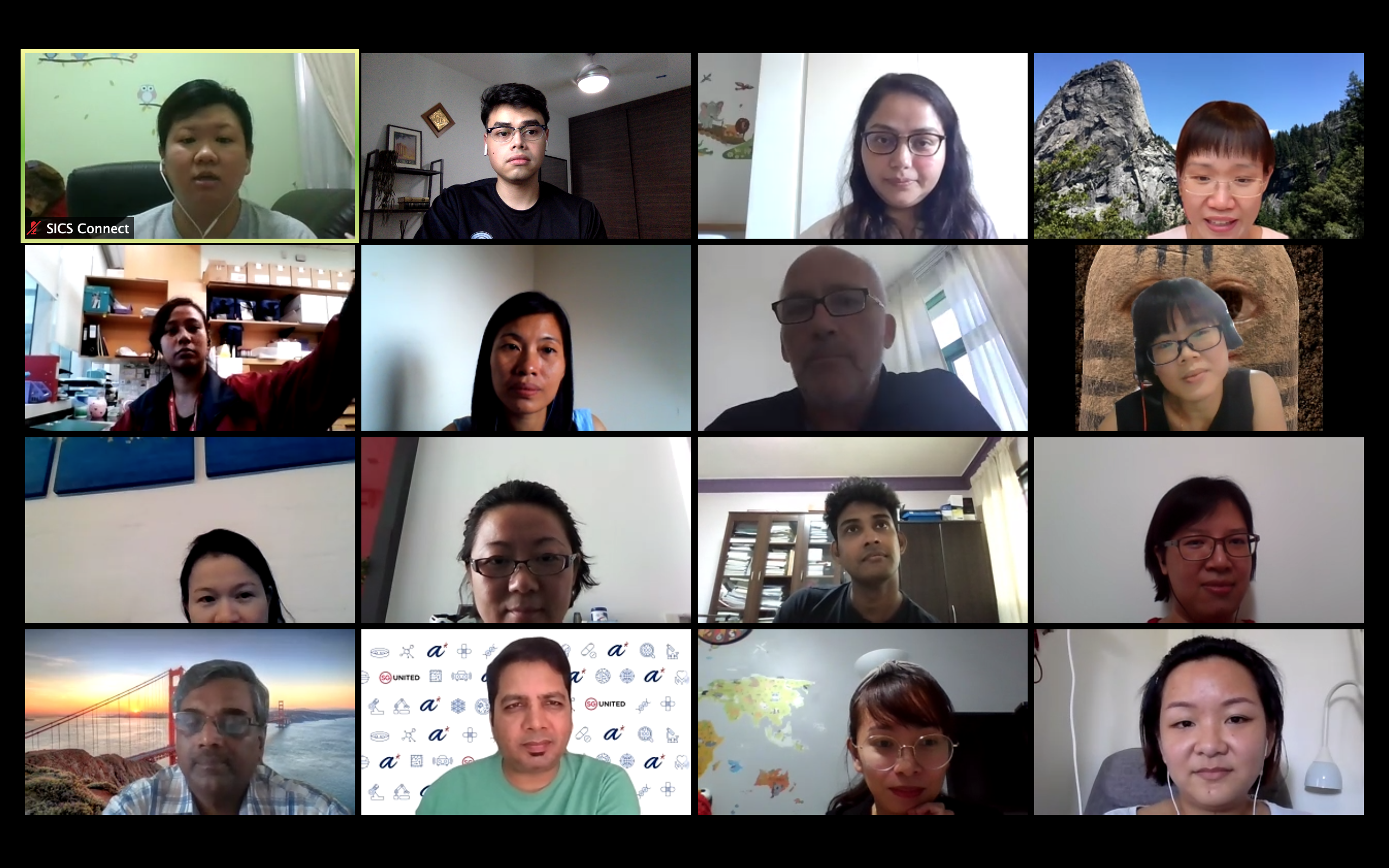FACES OF A*STAR
Battling diabetes, one gene at a time: Researcher creates diet-specific treatments to battle the disease
Dr Jeannie Tay believes tailoring diet and lifestyle solutions based on individuals’ genetic make-up and phenotypic traits can help doctors better manage diseases like diabetes.

With nearly 7.5 billion different human genomes across the planet, doctors know a standard approach to medicine can only go so far.
For the same reason, Dr Jeannie Tay believes there is no one-size-fits-all solution to maintaining a healthy diet. Instead, she advocates creating tailored interventions to better manage certain diseases.
Her key research interest revolves around studying populations disproportionately affected by diabetes, and creating optimised nutrition and lifestyle solutions for individuals with the metabolic disease.
“Research has shown that there are certain diets that may be more appropriate given a certain genetic make-up and cardiometabolic profile. So this is the area that we are targeting,” said the senior research fellow with the Singapore Institute for Clinical Sciences (SICS), a research arm of the Agency for Science, Technology and Research (A*STAR).
Precision Nutrition: A targeted approach to treatment
The Singaporean set out to prove this theory of personalised medical care in 2016 while based in the United States.

As part of her postdoctoral fellowship at the Department of Nutrition Sciences, University of Alabama at Birmingham (UAB), she studied the African American community who are disproportionately affected by diabetes and obesity in the US.
This involved understanding the target populations’ genetic information and their phenotype, and studying their body composition, fat distribution and insulin secretion.
The results were astounding. It revealed that African Americans are particularly sensitive to the influence of diet composition on body composition — a feature that could be attributed to their inherently high acute insulin response to glucose.
It also showed that a significant proportion of African Americans, especially females, have a unique metabolic phenotype characterised by a higher beta-cell response and lower insulin clearance by the liver.
When combined with a high glycaemic diet, this relatively high insulin sensitivity posed a greater risk for obesity.
By studying the pathophysiology — functional changes associated with a disease — of diabetes in the target populations, the research showed that individuals could better manage their condition and prevent further complications by adopting a specific dietary pattern.
The ideal diet is low-glycaemic for weight loss and weight loss maintenance to help the target population.
“By studying populations disproportionately affected by diabetes, we can help these groups reduce their risk and improve their health outcomes,” she said.
Crossing new frontiers
Today, Dr Tay espouses the same idea of taking a personalised approach to medicine at the SICS.
Her key project at the moment, which began in January 2020, involves leading a Randomised Controlled Trial (RCT) to study prediabetes in Asian Indians*.

A team Zoom meeting for the Asian Indian Prediabetes Study.
The incidence of diabetes in Singapore is highest among Indians, affecting 17.2 per cent of adults in the ethnic group. This compares with 16.6 per cent of Malays and 9.7 per cent of Chinese afflicted by the disease.
The RCT will investigate the depletion of fat deposited in the body using non-invasive magnetic resonance techniques. This will be accompanied by a planned diet and lifestyle strategy to improve the respondents’ beta cell insulin secretory function and insulin sensitivity.
By focusing on the underlying physiologic abnormalities that predispose Indians to an increased diabetes risk, Dr Tay hopes to understand the role that dietary and environmental factors play in the pathophysiology and development of diabetes.
“Knowing that your research can make a difference — that is a priceless feeling,” she said.
* Visit https://www.a-star.edu.sg/sics/sics-you/participate-in-our-research/asian-indian-prediabetes-study-(aips) to find out more information about the Asian Indian Prediabetes Study (AIPS).
1 Straits Times. “3 key issues at National Day Rally 2017: Singapore's war on diabetes” Aug 20, 2017. https://www.straitstimes.com/singapore/spores-war-on-diabetes
Was this article helpful?
A*STAR celebrates International Women's Day

From groundbreaking discoveries to cutting-edge research, our researchers are empowering the next generation of female science, technology, engineering and mathematics (STEM) leaders.
Get inspired by our #WomeninSTEM
